Will We Ever Speak Dolphin?
And 130 More Science Questions Answers: More Questions and Answers from the Popular 'Last Word' Column
- 225 pages
- 8 hours of reading
The latest title in the bestselling 'Last Word' series from New Scientist magazine.
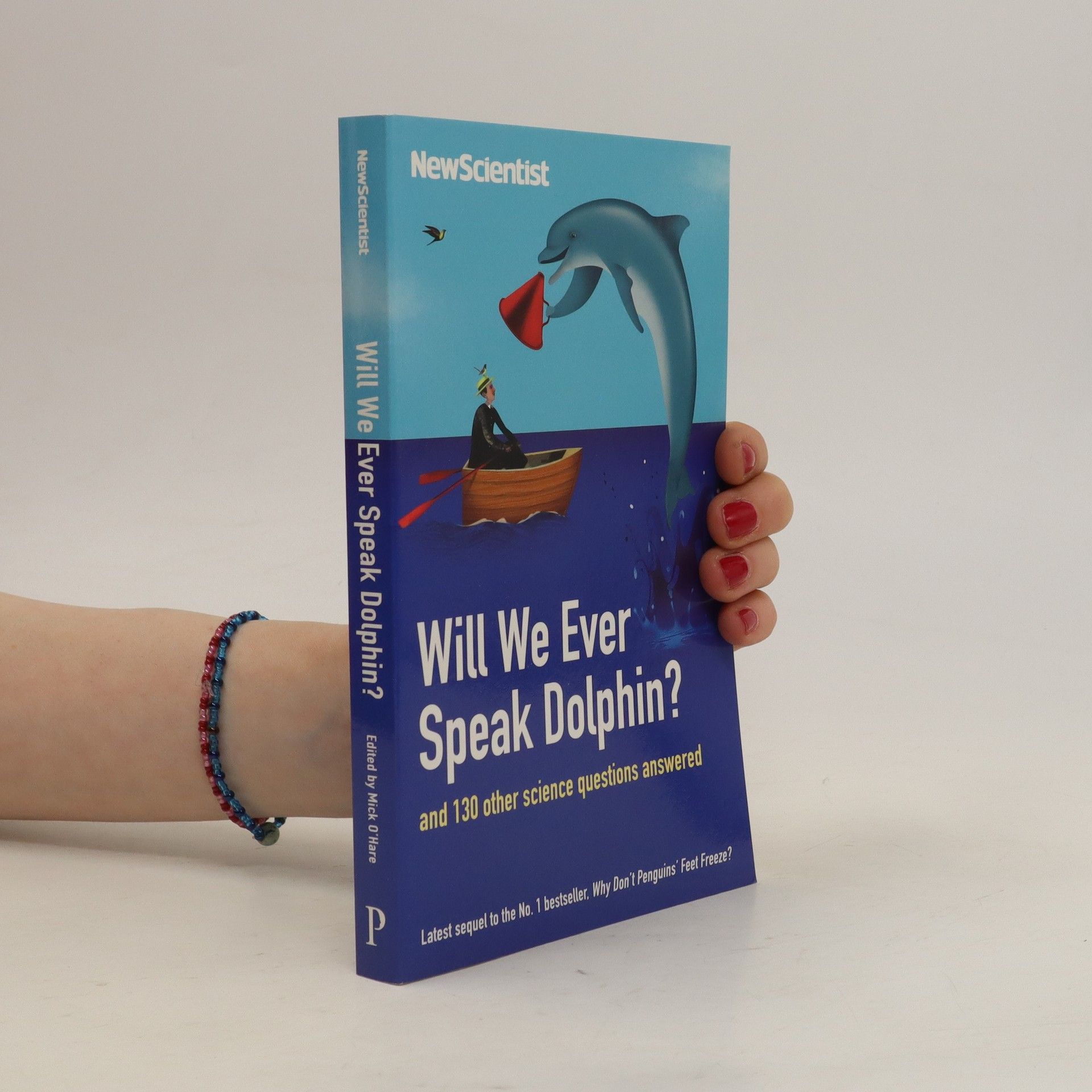
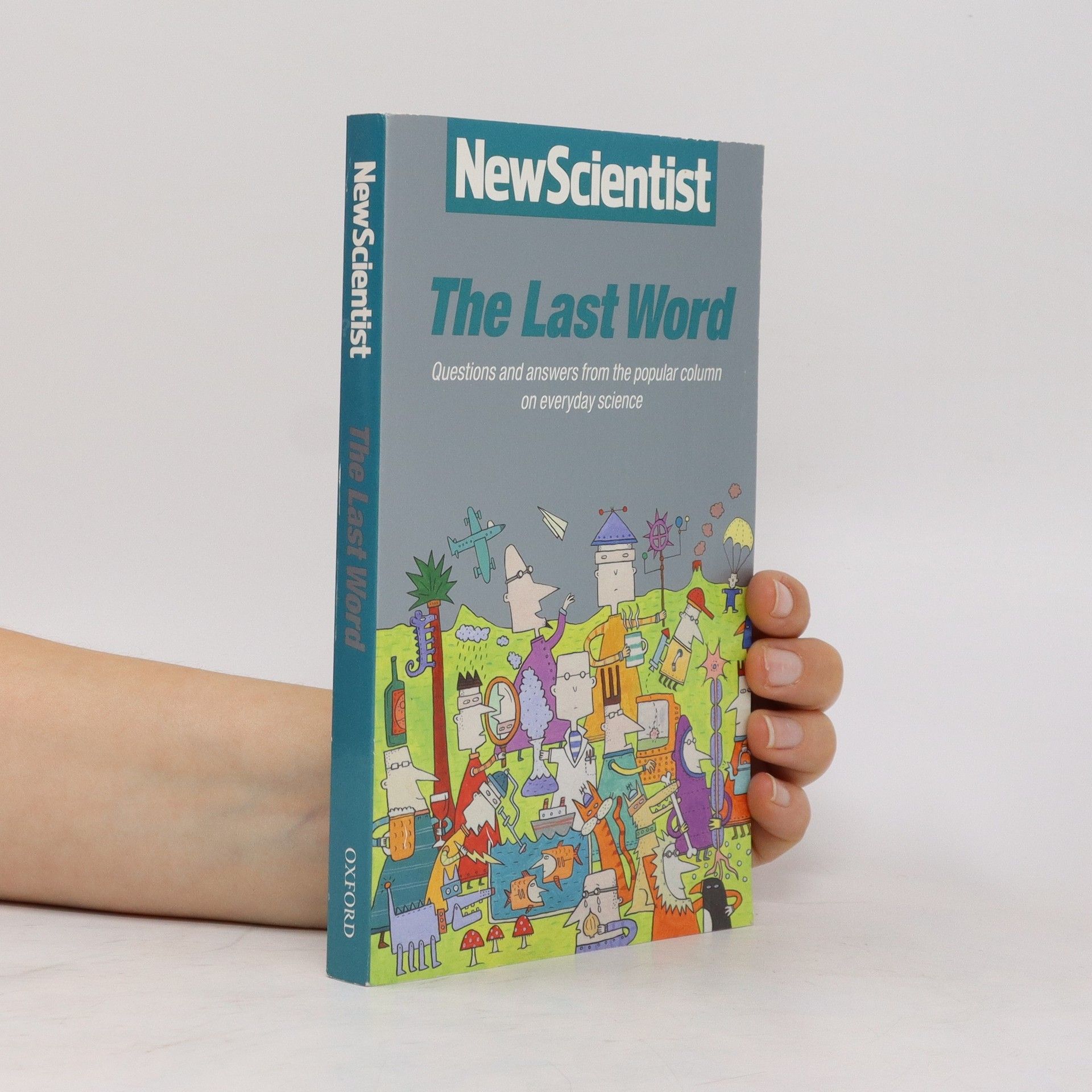
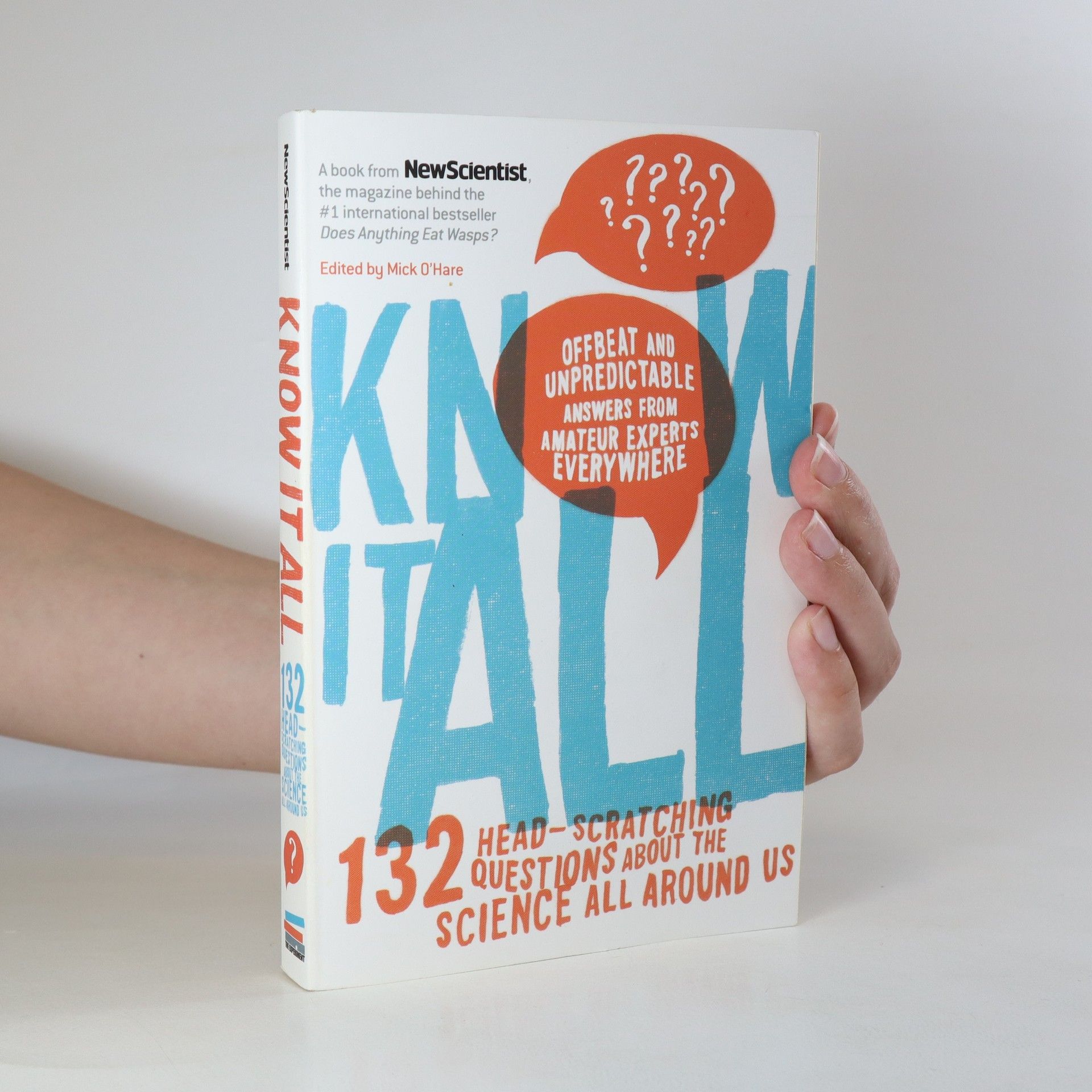
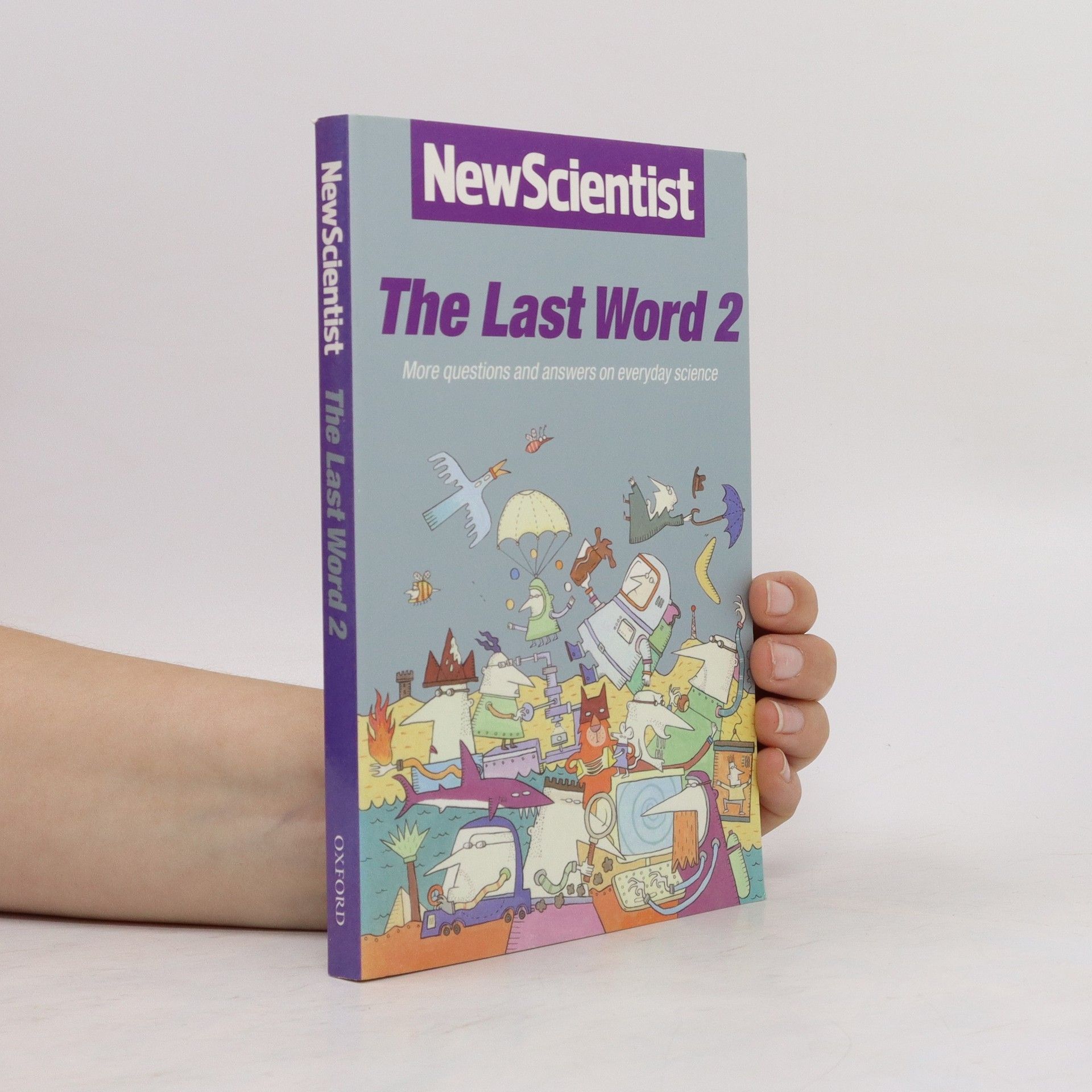

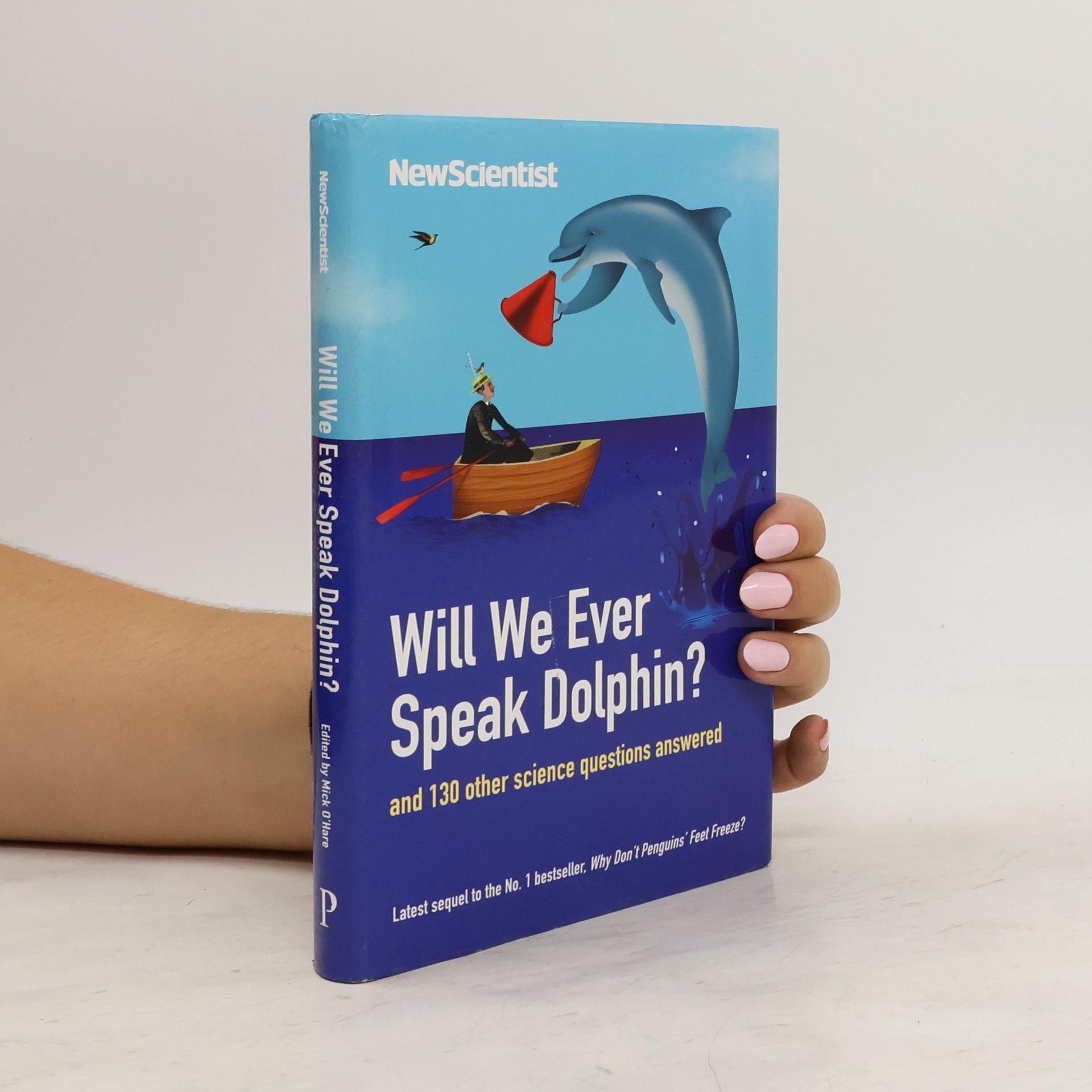
And 130 More Science Questions Answers: More Questions and Answers from the Popular 'Last Word' Column
The latest title in the bestselling 'Last Word' series from New Scientist magazine.
Want to challenge your brain, tickle your sides and turn your world upside down all at once? Then this is the book for you!
Why do boomerangs come back? Would parachutists be able to play a game of catch while falling? Why does grilled cheese go stringy? What would happen to a pint of beer in space? Why doesn't cling film cling to metal properly? Why does the wind blow in gusts? A follow-up to the highly successful The Last Word, this new paperback brings you more questions and answers from The New Scientist's popular column. Readers of the leading science weekly are invited to write in with enquiries about everyday scientific phenomena and other readers respond. Thisnew selection of the most interesting examples covers an enormous range of subjects from everyday household products, to plants, animals, the human body, gadgets, and our environment. This is a fun, fascinating, and enlightening read for anyone who asks themselves these questions.
A joy for science lovers, Know It All is your ticket to a grand meeting of curious minds! New Scientist magazine’s beloved “Last Word” column is a rare forum for “un-Google-able” queries: Readers write in, and readers respond! Know It All collects 132 of the column’s very best Q&As. The often-wacky questions cover physics, chemistry, zoology and beyond: When will Mount Everest cease to be the tallest mountain on the planet?If a thermometer was in space, what would it read?Why do some oranges have seeds, and some not?Many people suffer some kind of back pain. Is it because humans haven’t yet perfected the art of walking upright? And the unpredictable answers showcase the brainpower of New Scientist’s readers, like the anatomist who chimes in about back pain (“Evolution is not in the business of perfecting anything.”) and the vet who responds, “Quadrupeds can get backache too!”
A selection of the most interesting questions and answers from the Last word column in the magazine, New scientist.
Why do birds sing at dawn? What's the slowest a plane can fly without stalling and falling out of the sky? And how long can you keep a tiger cub as a pet? Will We Ever Speak Dolphin?, the eagerly-awaited new 'Last Word' collection, has the answers to these questions and many more. Seven years on from Does Anything Eat Wasps?, the New Scientist series still rides high in the bestseller lists, with well over two million copies sold. Popular science has never been more stimulating or more enjoyable. Like Why Don't Penguins' Feet Freeze?, Do Polar Bears Get Lonely?, and Why Can't Elephants Jump?, this collection of wry and well-informed answers to a remarkable range of baffling questions is guaranteed to delight.
Why don't Penguins' feet freeze? Do Polar Bears get lonely? and Why can't elephants jump? (2010), this collection gives well-informed answers to a range of baffling science questions.
Every year, readers send in thousands of questions to New Scientist, the world's best-selling science weekly, in the hope that the answers to them will be given in the 'Last Word' column - regularly voted the most popular section of the magazine. Does Anything Eat Wasps? is a collection of the best that have appeared, including: Why can't we eat green potatoes? Why do airliners suddenly plummet? Does a compass work in space? Why do all the local dogs howl at emergency sirens? How can a tree grow out of a chimney stack? Why do bruises go through a range of colours? Why is the sea blue inside caves? Many seemingly simple questions are actually very complex to answer. And some that seem difficult have a very simple explanation. New Scientist's 'Last Word' celebrates all questions - the trivial, the idiosyncratic, the baffling and the strange. This selection of the best is popular science at its most entertaining and enlightening.
Well, why not? Is it because elephants are too large or heavy (after all, they say hippos and rhinos can play hopscotch)? Or is it because their knees face the wrong way? Or do they just wait until no one's looking? Read this brilliant new compilation to find out. This is popular science at its most absorbing and enjoyable. That is why the previous titles in the New Scientist series have been international bestsellers and sold over two million copies between them. Like Does Anything Eat Wasps? (2005), Why Don't Penguins' Feet Freeze? (2006) and Do Polar Bears Get Lonely? (2008), this is another wonderful collection of wise, witty and often surprising answers to a staggering range of science questions, from 'why is frozen milk yellow?' to 'what's the storage capacity of the human brain in gigabytes?'.
Mick O'Hare and the New Scientist team try to answer scientific conundrums that can be answered by simple experiments.